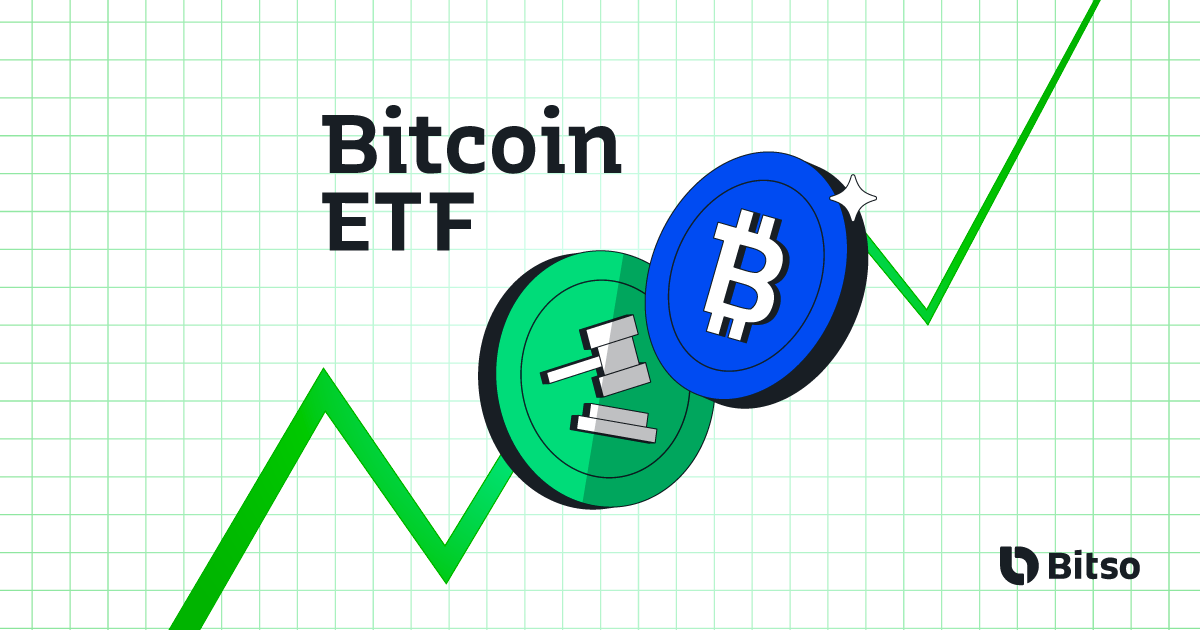Embracing the Future: The Potential Impact of Bitcoin ETF Approval on Cryptocurrency
Introduction:
In the dynamic world of cryptocurrency, one development has been eagerly awaited by enthusiasts and investors alike—the potential approval of a Bitcoin Exchange-Traded Fund (ETF). The prospect of a regulated investment vehicle tied to the world's most well-known digital asset has sparked widespread interest and debate. In this blog post, we will explore the potential future impact of Bitcoin ETF approval on the cryptocurrency market.
Understanding Bitcoin ETF:
A Bitcoin ETF is a financial instrument that tracks the price of Bitcoin and is traded on traditional stock exchanges. Unlike direct ownership of Bitcoin, investors can buy and sell shares of the ETF on the stock market, offering a more accessible and regulated way to gain exposure to the cryptocurrency market. The U.S. Securities and Exchange Commission (SEC) has been reviewing various proposals for a Bitcoin ETF, and if approved, it could mark a significant milestone for the industry.
Market Legitimization and Institutional Participation:
The approval of a Bitcoin ETF would represent a crucial step towards the legitimacy of the cryptocurrency market in the eyes of institutional investors. Institutional players, such as hedge funds, asset managers, and pension funds, have historically been cautious about entering the volatile and unregulated crypto space. An ETF, subject to regulatory oversight, could provide the assurance they need to dip their toes into the market.
Increased Liquidity and Price Stability:
One of the primary potential benefits of a Bitcoin ETF is increased liquidity in the market. ETFs are traded on traditional stock exchanges, where liquidity is generally higher than in the cryptocurrency exchanges. This increased liquidity could contribute to reduced price volatility, making Bitcoin a more attractive option for a broader range of investors.
Mass Adoption and Accessibility:
The approval of a Bitcoin ETF could open the doors for a new wave of retail investors to enter the cryptocurrency market. Many individuals are still hesitant or unfamiliar with the process of buying and storing digital assets securely. An ETF offers a familiar investment vehicle that can be accessed through traditional brokerage accounts, simplifying the onboarding process for those who may have been sitting on the sidelines.
Impact on Bitcoin's Price:
Historically, the anticipation and approval of significant financial instruments like ETFs have influenced the price of the underlying asset. While past performance is not indicative of future results, some analysts argue that a Bitcoin ETF approval could drive increased demand, potentially leading to a positive impact on Bitcoin's price. However, it's essential to approach such predictions with caution, as various factors contribute to the cryptocurrency market's dynamics.
Challenges and Risks:
Despite the potential benefits, there are challenges and risks associated with the approval of a Bitcoin ETF. Regulatory scrutiny, market manipulation concerns, and the potential for overhyping the market are all factors that must be carefully considered. Investors should remain vigilant and informed about the evolving regulatory landscape and market conditions.
Conclusion:
The approval of a Bitcoin ETF could reshape the cryptocurrency landscape, bringing increased legitimacy, institutional participation, and accessibility. While the potential impact on Bitcoin's price remains uncertain, the overall sentiment suggests that the cryptocurrency market is evolving towards greater acceptance and integration with traditional financial markets. As we await regulatory decisions, the future of cryptocurrency seems to be on the brink of a transformative chapter, with the potential approval of a Bitcoin ETF leading the way.




















